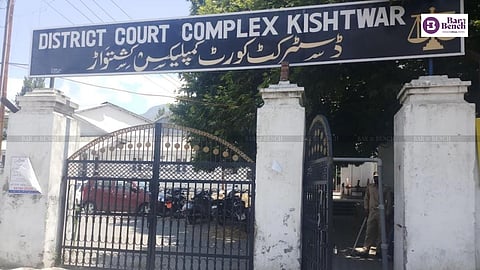
- Latest Legal News
- News
- Dealstreet
- Viewpoint
- Columns
- Interviews
- Law School
- Legal Jobs
- हिंदी
- ಕನ್ನಡ

A Sessions Court in Jammu and Kashmir's Kishtwar recently set aside an order passed in February by the then-district magistrate (deputy commissioner) of Kishtwar, which had banned public protests against the installation of smart meters in the district [Waseem Akram Butt vs District Magistrate Kishtwar].